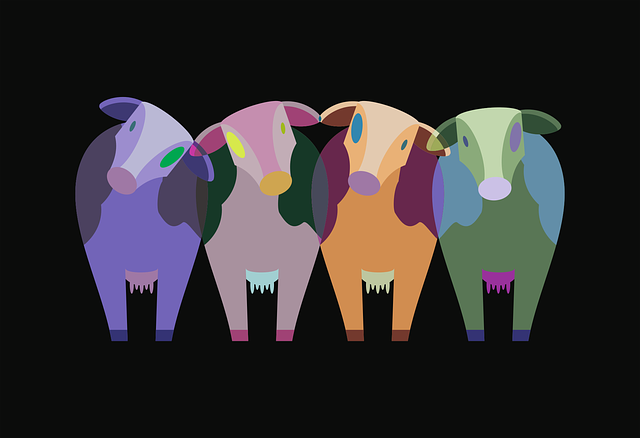The Olympic Games and Intellectual Property
The Paris Olympic Games, taking place between 26 July and 11 August, represent not only a pinnacle of athletic achievement but also a significant convergence of intellectual property. From the iconic five-ring symbol to cutting-edge product innovations and athlete trademarks, the games are a showcase of global brands and technologies.

